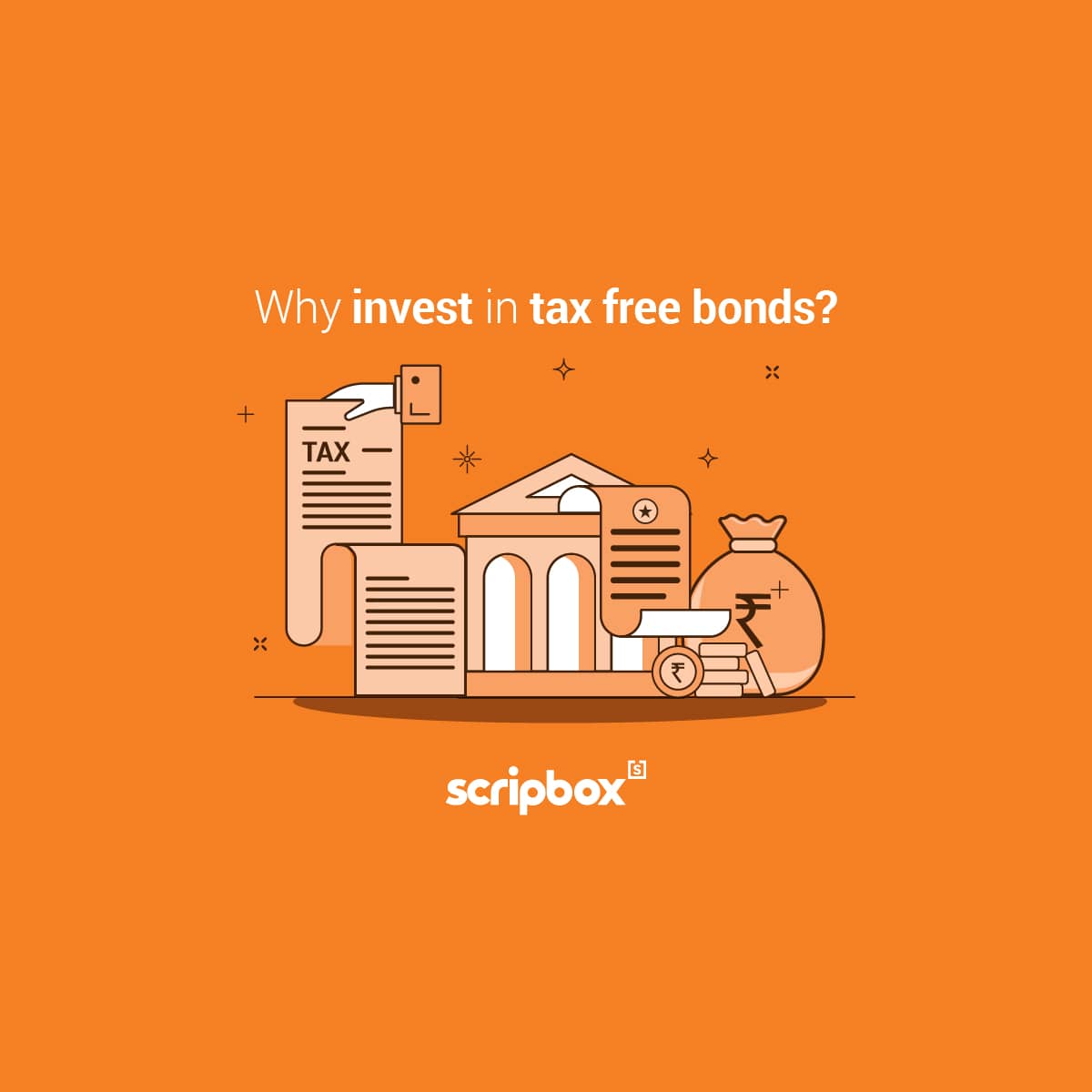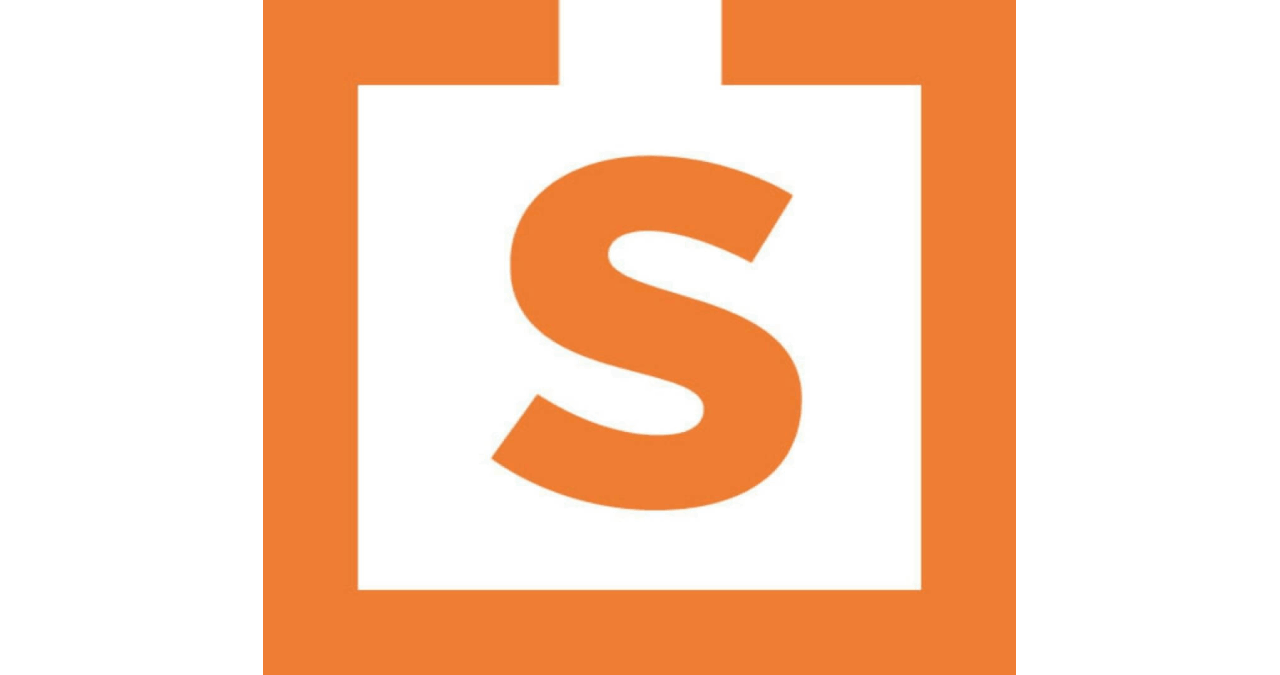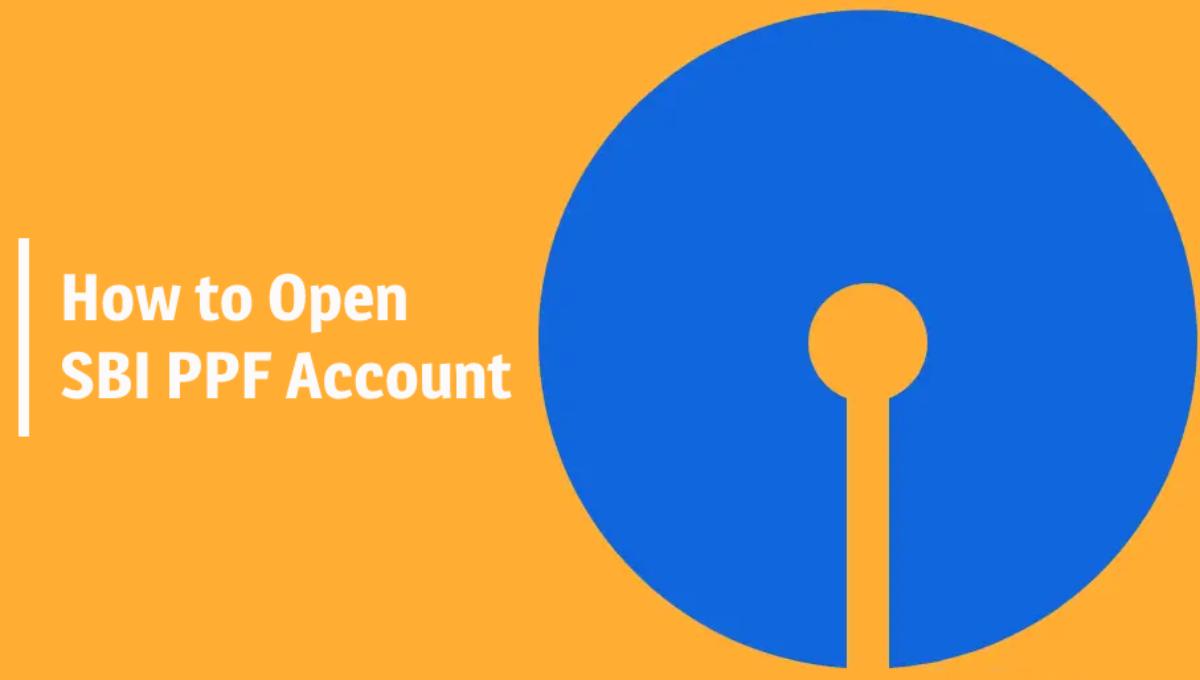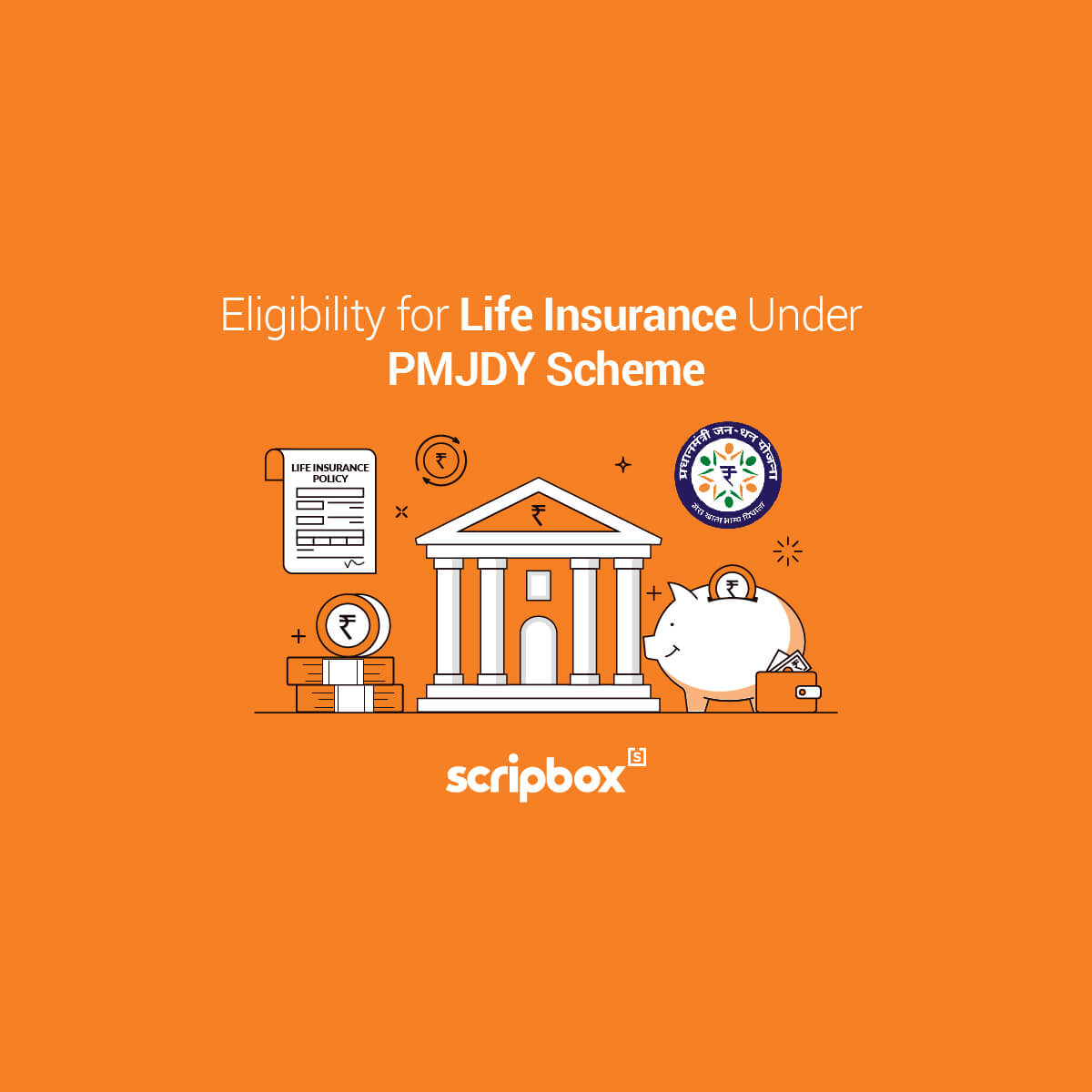PM Narendra Modi announced the Retail Direct Scheme that aims to increase retail investor participation across government securities. Retail investors have to open a Retail Direct Gilt (RDG) Account with the Reserve Bank of India on their Official Website. Also, under this scheme, retail investors can directly participate in primary (auctions) and secondary markets.
- Primary Market: Investors can participate in the primary auction of government securities and procedural instructions for SGB issuance using the non-competitive method.
- Secondary Market: Investors can buy and sell government securities on NDS-OM (‘Odd Lot’ and ‘Request for Quotes’ segments)
The government bonds on offer for the retail investors include the following: Government of India Treasury Bills, Sovereign Gold Bonds (SGB), Government of India dated securities, and State Development Loans (SDLs).
Check Out Primary Market vs Secondary Market
Retail Direct Scheme
- Transactions can be via savings bank account – online banking or the Unified Payments Interface (UPI).
- Investors can get assistance and other support through the website and a toll-free phone number of 1800–267–7955 (10 am to 7 pm).
- Investor services include transaction and balance statement provisions, a nomination facility, securities pledge or lien requirement, and also gift transaction provisions.
- The Scheme aims to provide a simple, direct and safe platform to retail investors.
Retail investors can create and manage a ‘Retail Direct Gilt Account’ using the Retail Direct Online Portal. Retail investors will be eligible only if they have a rupee savings bank account, a PAN issued by the Income Tax Department, and valid KYC proof.
Non-resident retail investors who qualify under the Foreign Exchange Management Act of 1999 to invest in government securities are also eligible. Retail investors can open a single account or a joint account with another retail investor who qualifies according to the eligibility criteria.
Primary Market Purchases
Investors can place their bids under the “non-competitive bidding” segment in a primary auction. Once the investor submits the bid, they will be able to see the total amount due. Money will be set aside from the investor’s net banking or UPI account to cover the bid, just like in secondary market trade. If the bid is approved and securities are assigned, they will be credited to the investor’s account on settlement day.
Secondary Market Purchases
Investors have to register on the retail direct platform to deal in the secondary market. The platform gives access to the NDS-OM, or order matching system, through a link. Investors can use this to choose the security they want to buy or sell. Investors can use any of the following ways to make payments:
- To deal in secondary markets, investors have to transfer the funds to the designated account of CCIL (Clearing Corporation of NDS-OM). They can do it using net banking or from a UPI linked bank account.
- For ‘Buy’ Order there is a financing limit (purchasing limit). However, this is on the basis of the actual transfer/success message.
- Investors will get back any funds remaining on the investor’s credit at the end of the trading session.
- Funds in the associated bank account can be blocked using the UPI facility at the time of placing an order. Also, it will be debited from this account on the day of settlement.
On the day of settlement, the securities acquired will be credited to the account.
Similarly, if an investor wants to sell securities:
- The securities they intend to sell will be blocked at the time order is placed until the trade is settled.
- On the settlement day, funds from the sale transactions will be credited to the linked bank account.
Fees and Charges
The account opening and maintenance of a ‘Retail Direct Gilt account’ with RBI will be free. The aggregator will not charge a fee for submitting bids in the primary auctions. Payment gateway fees, if any, will be borne by the investor.
- Confused if your portfolio is performing right enough to meet your goals?
- How long have you been investing in mutual funds?
- What is your current portfolio size?
- What is your approximate annual household income?
- Your profile does not qualify for a call with a Financial Expert.
- Retail Direct Scheme
- Fees and Charges




























Show comments